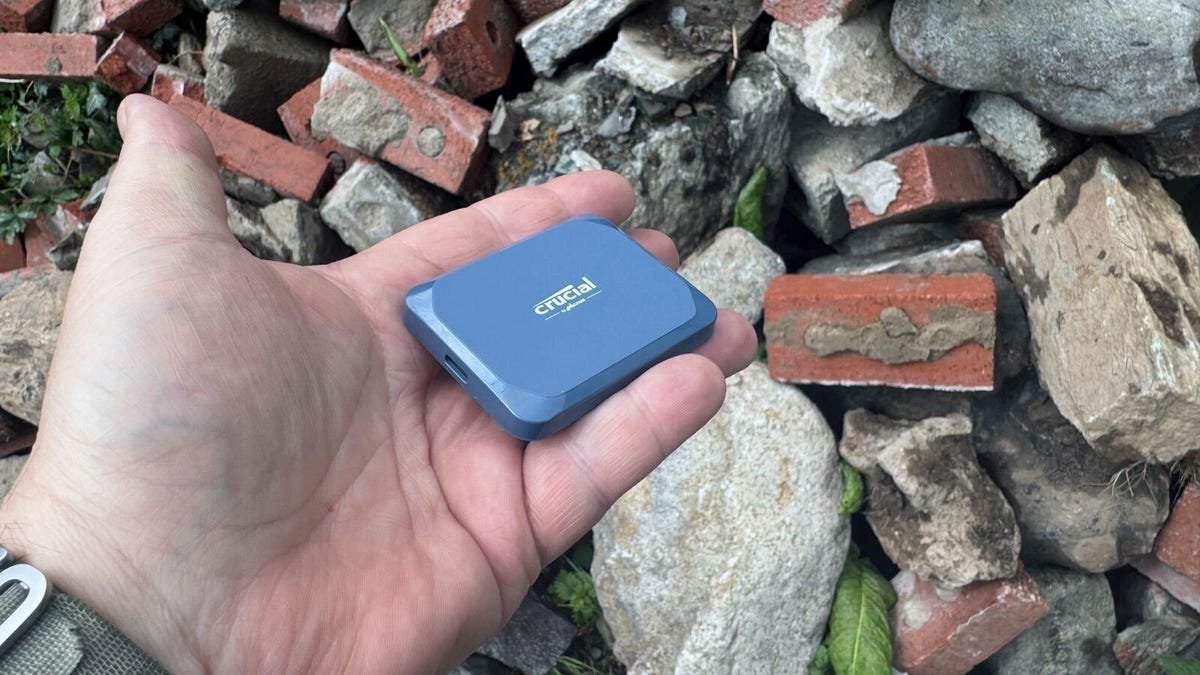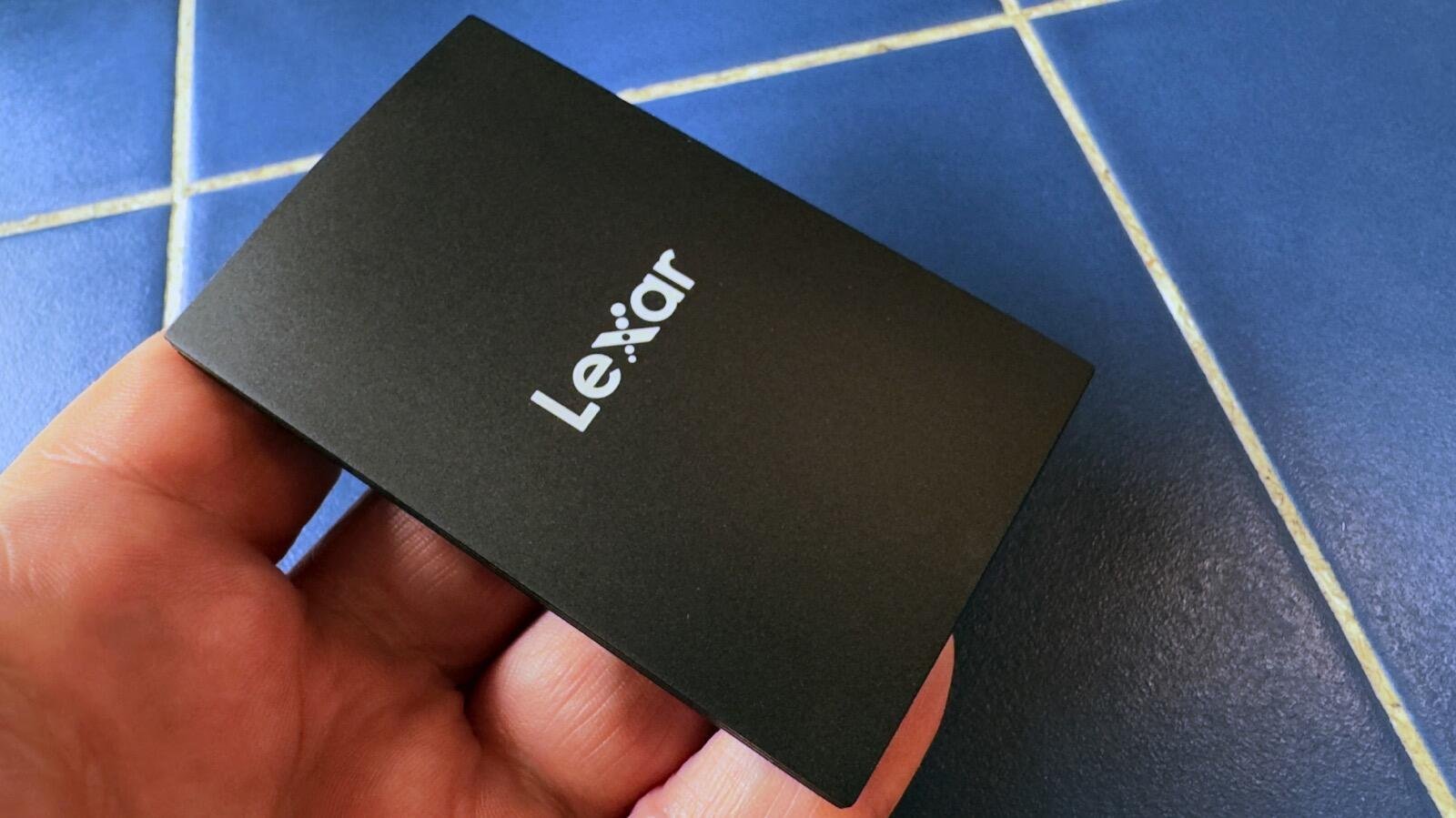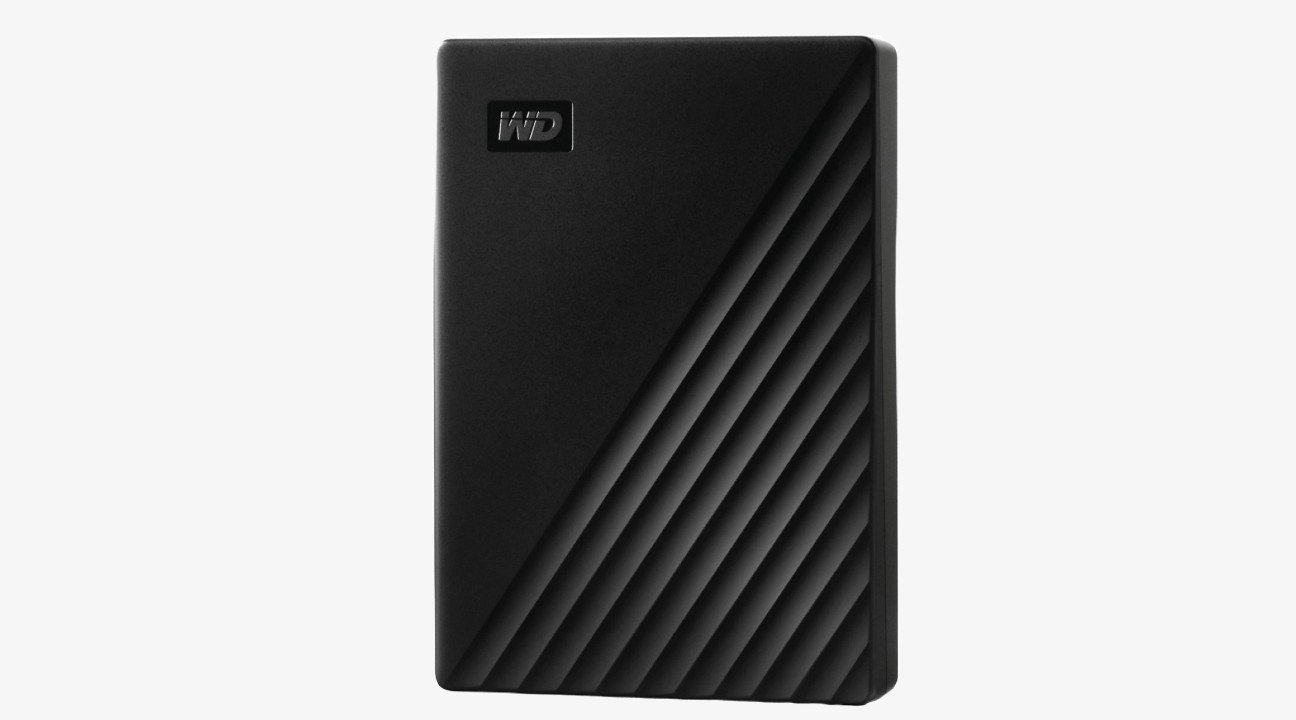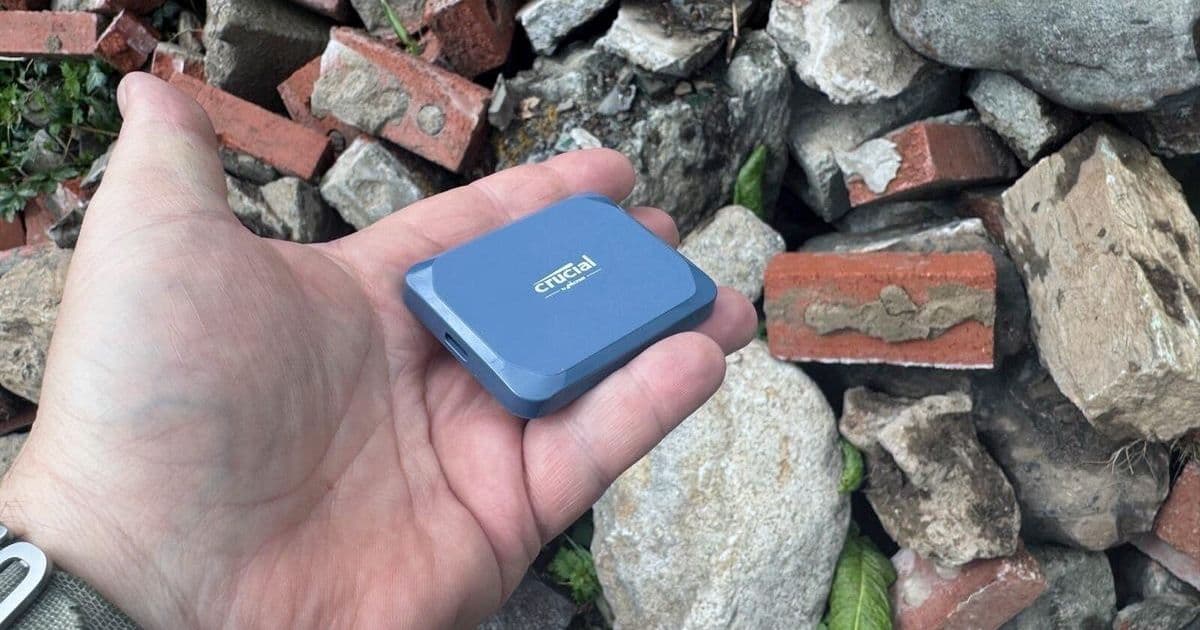Cloud storage hasn't killed the external hard drive. For developers, engineers, and creators handling massive datasets, sensitive code, or field work, physical storage remains essential. We dissect the top 2025 contenders—from ultra-portable SSDs to encrypted fortresses and mammoth-capacity RAID arrays—helping you choose the right drive for your workflow.
While cloud storage dominates headlines, the humble external hard drive remains a critical tool for developers, engineers, and tech professionals. Whether backing up critical code repositories, transferring massive datasets, securely transporting sensitive information, or recording high-bandwidth video feeds, having the right physical storage solution is non-negotiable. After rigorous testing and analysis of the 2025 market, we've identified the standout performers across key categories.

The Landscape: Why External Drives Still Matter Despite the convenience of the cloud, external drives offer tangible advantages:
- Offline Access & Speed: No internet dependency; direct connections mean faster transfer speeds for large files (think VM images, video assets, database dumps).
- Security Control: Physical possession and hardware encryption offer direct security management, crucial for sensitive IP or regulated data.
- Cost Efficiency: Avoid recurring subscription fees; large one-time capacity purchases are often cheaper long-term for bulk storage.
- Portability & Redundancy: Essential for fieldwork, presentations, or creating offline backups independent of network infrastructure.
ZDNET's Top Picks for Technical Users: Beyond the Basics
Lexar SL500: The Pocket Powerhouse (Best Overall)

- Why Developers/Creators Care: Unmatched portability (credit-card size, 4.8mm thick) meets serious speed (up to 2000MB/s read, 1800MB/s write via USB 3.2 Gen 2x2). Perfect for developers needing to move large SDKs or binaries quickly between machines, or creators recording ProRes directly from an iPhone 15 Pro/Max.
- Tech Specs: USB-C, 1-4TB, Aluminum Unibody (excellent heat dissipation), 256-bit AES software encryption, 5-year warranty.
- Trade-off: Requires Gen 2x2 support for max speed (slower on older USB/Mac ports).
iStorage DiskAshur Pro 3: The Fort Knox Drive (Best Hardware Encryption)
- Why Security Engineers Care: FIPS 140-2 Level 2 certified. AES-XTS 256-bit hardware encryption with a physical keypad (8-64 char PIN). Tamper-proof epoxy-filled casing, IP56 dust/water resistance, and brute-force countermeasures. Mandatory for highly sensitive data (GDPR, HIPAA, CCPA compliance).
- Tech Specs: USB 3.0, 500GB-16TB, Epoxy-resin coated internals, 3-year warranty.
- Trade-off: Significant premium price; slower USB 3.0 interface.
WD My Passport Ultra: The Reliable Workhorse (Best Windows-Ready)

- Why Generalists & Backups Matter: Strikes the best balance of reliability (WD brand), value, essential features (256-bit AES hardware encryption), and included WD Backup software. Ideal for everyday backups, transporting project folders, or secondary storage.
- Tech Specs: USB-C/USB 3.1, 1-6TB, 2.5", 3-year warranty.
- Trade-off: Requires reformatting for full Mac compatibility out-of-the-box.
WD My Book Duo: The Data Loss Paranoia Killer (Best Redundancy)
- Why Data-Intensive Pros Care: Dual-drive desktop unit configurable for massive pooled capacity (up to 44TB) or RAID 1 mirroring. RAID 1 ensures if one drive fails, your data remains intact on the second drive. Critical for irreplaceable project archives or massive datasets.
- Tech Specs: USB 3.2, 8-44TB (RAID config impacts usable space), 3.5", 3-year warranty.
- Trade-off: Bulky, noisy, requires AC power, premium cost per TB for redundancy.
Crucial X10 Pro: The Field-Ready SSD (Best for Adventurers)
- Why Mobile Devs/Field Techs Care: IP65 rating (dust/water resistant), 9.8ft drop protection, tiny footprint (65x50x10mm). Delivers SSD speeds (2100MB/s) in environments where traditional drives would perish. Perfect for drones, outdoor shoots, or engineers on-site.
- Tech Specs: USB 3.2 Gen 2x2, 1-8TB, Polymer enclosure, 3-year warranty.
- Trade-off: High cost per TB; easy to lose due to size (use the lanyard!).
Key Selection Factors for Technical Users Choosing isn't just about capacity. Consider:
- Interface & Speed: USB 3.2 Gen 2x2 (20Gbps) > USB 3.2 Gen 2 (10Gbps) > USB 3.0 (5Gbps). SSDs demand faster interfaces.
- Encryption: Hardware (DiskAshur Pro 3, My Passport Ultra) > Software (Lexar SL500) > None. Mandatory for sensitive data.
- Durability: SSDs (no moving parts) > HDDs. IP ratings (X10 Pro) crucial for harsh environments.
- Form Factor: Portable 2.5" SSDs/HDDs (bus-powered) vs. Desktop 3.5" HDDs (AC-powered, higher capacity).
- Reliability & Warranty: Stick with major brands (WD, Seagate, Samsung, Crucial, Toshiba). Longer warranties (3-5 years) offer peace of mind.
- The Tariff Factor: New US import tariffs may increase prices on drives assembled in China/Vietnam. Factor potential cost fluctuations into purchasing decisions for high-capacity drives.
The Verdict: Matching Drive to Developer Need The "best" drive is defined by your specific workflow:
- Daily Driver / Speed Demon: Lexar SL500 SSD
- Security First: iStorage DiskAshur Pro 3
- Balanced Reliability / Windows Backup: WD My Passport Ultra HDD
- Massive Data / Zero Tolerance for Loss: WD My Book Duo (RAID 1)
- Rugged Field Work: Crucial X10 Pro SSD
Physical storage remains a cornerstone of robust data management strategies. By understanding the strengths and trade-offs of the 2025 market leaders, tech professionals can ensure their critical data is stored securely, accessed quickly, and protected against loss – regardless of internet availability.
Source: Analysis based on hands-on testing and review data from ZDNET's "The best external hard drives you can buy right now" (July 31, 2025).

Comments
Please log in or register to join the discussion